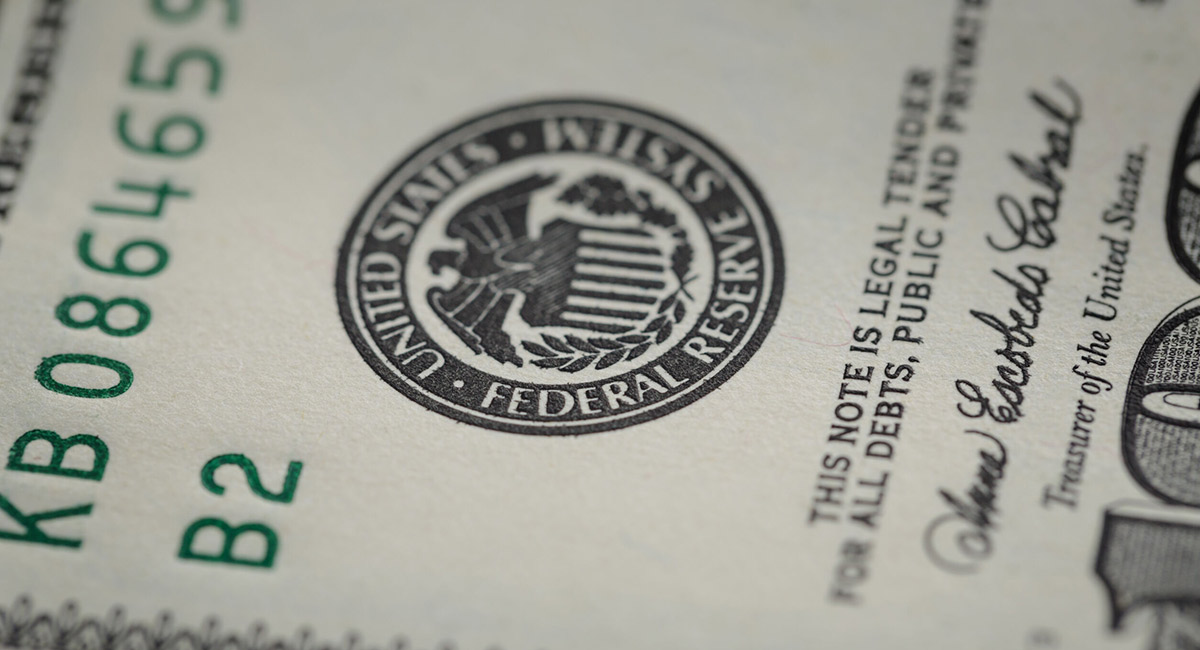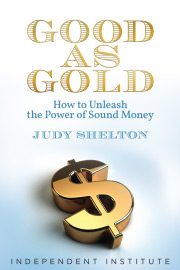Beware of President Obama’s call for a doubling of U.S. exports over the next five years as a way to reduce the unemployment rate. The obvious quick route to export success for any nation is to depreciate its currency. Dollar depreciation is already being pushed by the Obama administration as the key solution for resolving our massive trade deficit with China.
Meanwhile, the president is tapping into widespread concern over our nation’s future role as a global leader to justify even more spending by government. It hardly matters that proposed new outlays are cleverly branded as “investments” in training, research or infrastructure; it still amounts to increased government spending that can only worsen our perilous fiscal condition.
For the Obama administration, it all works conveniently together. The government will continue to run a large budget deficit, which must be financed by issuing more government debt. The debt is monetized when the Federal Reserve purchases it from the public. The effect is to increase the money supply. Inflationary monetary policy goes hand-in-hand with a falling dollar in foreign-exchange markets.
If you think the government makes better decisions on where to invest, how to innovate, or who to train, you may perhaps accept the consequences of inflation that inevitably result when the money supply is expanded to accommodate excessive government spending. But if you trust the private sector’s ability to better discern the most promising avenues of research leading to productive future gains, it merely adds insult to injury to have your own purchasing power reduced as the dollar is diluted.
In forging this latest economic strategy, the Obama administration has found a way to mesh domestic and international policy actions in a manner consistent with its belief in the efficacy of Keynesian fiscal and monetary stimulus. Even better, it must seem relatively painless in political terms as the Republicans take the heat for implementing meaningful spending reductions. What seems easier, and less noticeable to voters, than to subtly inflate the money supply at home and depreciate our currency abroad?
Couch it all in terms of making America more competitive against its economic rivals around the world using language that, in the president’s words last Saturday, energetically vows to “open up more markets to American goods,” and people may not notice the government finger on the scale that is tilting the dollar exchange rate downward.
That’s not competing. It’s cheating.
Earlier U.S. presidents have expressed abhorrence for the notion of subordinating fiscal prudence and monetary integrity to government policy objectives. As President Grover Cleveland asserted in his second inaugural address, delivered on March 4, 1893:
“Manifestly nothing is more vital to our supremacy as a nation and to the beneficent purposes of our government than a sound and stable currency. Its exposure to degradation should at once arouse to activity the most enlightened statesmanship, and the danger of depreciation in the purchasing power of the wages paid to toil should furnish the strongest incentive to prompt and conservative precaution.”
The only way to increase real wealth is through productive activity that generates true gains in economic output leading to higher future living standards; if wages are going up while purchasing power is going down due to inflation caused by government deficit spending, the gains are illusory.
If you have faith that America can compete in the global marketplace without resorting to monetary artifice, you will not be quick to embrace a strategy that elevates government industrial policy over private sector decision-making and free-market outcomes.
“We can outproduce, outcompete, and outsell anybody, anywhere in the world,” President Ronald Reagan affirmed in his own State of the Union speech on Feb. 4, 1986. But unlike our current president, Reagan linked that pronouncement to an unassailable declaration: “The constant expansion of our economy and exports requires a sound and stable dollar at home and reliable exchange rates around the world.”
Let’s not compromise our currency in a misguided attempt to boost U.S. job growth. America’s best future is forged through sound finances and sound money.









